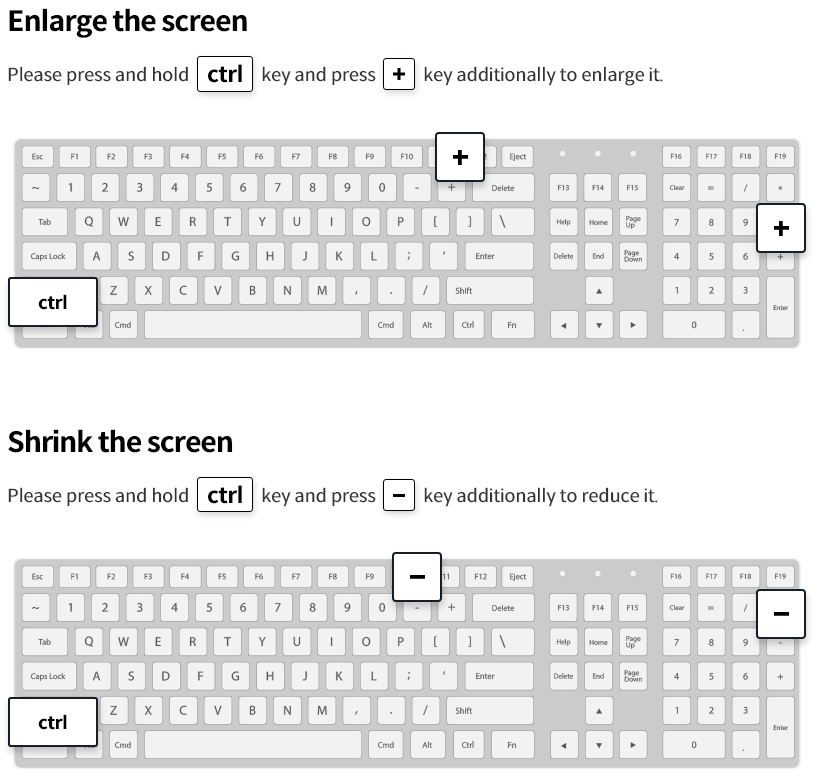The Export-Import Bank of Korea (www.koreaexim.go.kr, Chairman Lee Duk-hoon, “Korea Eximbank”) announced on February 12 that it will provide USD 560 million in EDCF* loans for the repair of route 1 and route 22 of Cambodia's national highway, which are major routes for trading with Vietnam.
- The Economic Development Cooperation Fund (EDCF) was established by the Korean government in 1987 to promote economic exchanges with the developing world and to assist developing countries in achieving industrialization and economic stability through the provision of long-term, low-interest credit. As of end of 2014, EDCF has provided a total of USD 10.6 billion in loans for 335 projects in 52 countries.
Chairman of Korea Eximbank Lee, Duk-hoon met with Cambodia's Finance Minister Aun Porn Moniroth and signed the loan agreement for such projects.
Route 1 and route 22 are main transportation roads connecting Phnom Penh in Cambodia to the southern borders of Vietnam.
As these are main routes for the country's trade with Vietnam, once renovations are completed, they will likely improve not only transportation convenience but also trade between Cambodia and Vietnam, thereby contributing to Cambodia's economic development.
After the signing ceremony, Chairman Lee said, "Cambodia is an important economic partner to Korea." He added, "Cambodia's high growth potential and passion for economic development will make the best combination with Korea's economic development experiences and create significant synergy as a result.
Prior to the ceremony, Chairman Lee visited the Peace Palace in Phnom Penh to have a meeting with Cambodia's Prime Minister Hun Sen.
At the meeting, Chairman Lee officially made a proposal to Prime Minister Hun Sen that Cambodia apply the Saemaul Movement (new village movement) model, one of Korea's best development experience models, to its agricultural projects and suggested to implement integrated rural development projects as well as the Saemaul University establishment project.
Korea Eximbank also committed USD 460 million in EDCF loans for the Sabanaket Agricultural Development Project in Laos.
Chairman Lee is scheduled to travel to Vientiane, Laos to sign such EDCF loan agreement with Laos' Finance Minister Lien Thikeo.
The Sabanaket Agricultural Development Project aims to build and upgrade agricultural infrastructure such as irrigation facilities in the Champhone and Songkhone regions in Sabanaket, Laos. It is expected to greatly contribute to the spread of successful rural development movement in the rural communities in connection with the Lao government's Three Pillar Policy.*
-The Three Pillar Policy was set up in February 2012 as part of Laos' provincial development policy in which development strategies are devised at the provincial, district, and village levels. The key principle of the policy is that the authority to implement projects will be delegated from the central to regional governments.
Korea Eximbank plans to embed Korea's Saemaul Movement model into the project through cooperating with KOICA.


